By Bruce Weber
June 12, 2014
Ruby Dee, one of the most enduring actresses of theater and film, whose public profile and activist passions made her, along with her husband, Ossie Davis, a leading advocate for civil rights both in show business and in the wider world, died on Wednesday at her home in New Rochelle, N.Y. She was 91.
Her daughter Nora Davis Day confirmed the death.
A diminutive beauty with a sense of persistent social distress and a restless, probing intelligence, Ms. Dee began her performing career in the 1940s, and it continued well into the 21st century. She was always a critical favorite, though not often cast as a leading lady.
Her most successful central role was Off -Broadway, in the 1970 Athol Fugard drama, “Boesman and Lena,” about a pair of nomadic mixed-race South Africans, for which she received overwhelming praise. Clive Barnes wrote in The New York Times, “Ruby Dee as Lena is giving one of the finest performances I have ever seen.”
Her most famous performance came more than a decade earlier, in 1959, in a supporting role in “A Raisin in the Sun,” Lorraine Hansberry’s landmark drama about the quotidian struggle of a black family in Chicago at the dawn of the civil rights movement. Ms. Dee played Ruth Younger, the wife of the main character, Walter Lee Younger, played by Sidney Poitier, and the daughter-in-law of the leading female character, the family matriarch, Lena (Claudia McNeil).
Ruth is a character with far too much on her plate: an overcrowded home, a troubled husband, a young son, an overbearing mother-in-law, a wearying job, and an unwanted pregnancy, not to mention the shared burden of black people everywhere in a society skewed against them. Ms. Dee’s was a haunting portrait of a young woman whose desperation to maintain grace under pressure doesn’t keep her from being occasionally broken by it.
The play had 530 performances on Broadway and was reprised, with much of the cast intact, as a 1961 film. On-screen, Edith Oliver wrote in The New Yorker, Ms. Dee was “even more impressive” than she was onstage. “Is there a better young actress in America, or one who can make everything she does seem so effortless?” Ms. Oliver wrote.
The loyal but worried loved one was a role Ms. Dee played frequently, in films like “The Jackie Robinson Story” (in which she played the wife of the pioneering black ballplayer, who starred as himself) and “No Way Out,” a tough racial drama in which she played the sister of a young doctor (Mr. Poitier).
Over the course of Ms. Dee’s career, the lives of American blacks, both extraordinary and ordinary, belatedly emerged as rich subject matter for mainstream theater productions and films, and black performers went from being consigned to marginal and often belittling roles to starring in Hollywood megahits.
Ms. Dee went from being a disciple of Paul Robeson to starring with Mr. Poitier on Broadway. She was a featured player in the films of Spike Lee and an Oscar nominee for a supporting role in the 2007 movie “American Gangster,” about a Harlem drug lord (Denzel Washington); she played a loving mother who turned a blind eye to her son’s criminality.
But Ms. Dee not only took part in that evolution; through her visibility in a wide range of projects, from classics onstage to contemporary film dramas to television soap operas, she also helped bring it about.
In 1965, playing Cordelia in “King Lear” and Kate in “The Taming of the Shrew,” she was the first black woman to appear in major roles at the American Shakespeare Festival in Stratford, Conn. In 1968, she became the first black actress to be featured regularly on the titillating prime-time TV series “Peyton Place.”
She appeared in two of Mr. Lee’s earliest films, “Do the Right Thing” and “Jungle Fever.” (On Thursday, Michelle Obama tweeted about Ms. Dee: “I’ll never forget seeing her in ‘Do the Right Thing’ on my first date with Barack.”)
Ms. Dee picketed Broadway theaters that were not employing black actors for their shows and spoke out against film crews that hired few or no blacks.
Having made her name in films that addressed racial issues, she began seeking out more of them. She collaborated with the director Jules Dassin on the screenplay for “Up Tight!,” a 1968 adaptation of “The Informer,” Liam O’Flaherty’s 1925 novel set after the Irish civil war. (It had also been filmed by John Ford.) Mr. Dassin and Ms. Dee shifted the tale of betrayal among revolutionaries to 1960s Cleveland; Ms. Dee played a welfare mother who helped feed her family by resorting to prostitution.
She also lent her voice and presence to the cause of racial equality outside show business. She was an active member of the Congress of Racial Equality, the Student Nonviolent Coordinating Committee, the Southern Christian Leadership Conference, and the National Association for the Advancement of Colored People.
At the Tony Awards ceremony on Sunday, Audra McDonald, in accepting her sixth acting award for her portrayal of Billie Holiday in “Lady Day at Emerson’s Bar and Grill,” acknowledged Ms. Dee as one of five black women whose shoulders she stands upon. (The others were Holiday, Maya Angelou, Diahann Carroll, and Lena Horne.)
A revival of “Raisin in the Sun,” now playing at the Ethel Barrymore Theater on Broadway, the same stage as the original production, won three Tonys, including one for Sophie Okonedo, who plays Ruth Younger. In a statement, Ms. Okonedo called Ms. Dee “one of my heroines.”
Ruby Ann Wallace, as she was known when she was born in Cleveland on Oct. 27, 1922, grew up in Harlem. The third child of teenage parents, she was reared mostly by her father, Marshall Wallace, who became a waiter on the Pennsylvania Railroad, and his second wife, the former Emma Amelia Benson, a college-educated teacher who was 13 years older than he. Ms. Dee described her as a strict but loving mother, a stickler for elocution, and the person who introduced her to poetry, music, and dance.
By the mid-1940s, when she graduated from Hunter College, Ms. Dee was already a working actress, having appeared on Broadway and in productions of the American Negro Theater, then a fledgling professional company housed in the basement of the Harlem branch of the New York Public Library.
She had also been married, in 1941, to the singer Freddie Dee Brown. The marriage dissolved within four years, but it gave Ms. Dee the name by which she would be known for the rest of her life.
She made her Broadway debut in December 1943 in a short-lived play called “South Pacific,” unrelated to the Rodgers and Hammerstein musical that came along more than five years later. In 1946 she joined the cast of a Broadway-bound play called “Jeb,” about a black soldier who has lost a leg in World War II and discovers that his sacrifice for his country is of little value in the face of the racism he encounters on his return home.
Hired as the understudy for the role of Libby, the title character’s loving girlfriend, Ms. Dee not only replaced the original actress in the role before opening night but also fell in love with the star, Ossie Davis. The show lasted for nine performances, the relationship nearly 60 years, until Mr. Davis’s death in 2005. They married in 1948.
Besides her daughter Nora, Ms. Dee is survived by another daughter, Hasna Muhammad; a son, the singer Guy Davis; a sister, Angelina Roach; and seven grandchildren.
The partnership between Ms. Dee and Mr. Davis was romantic, familial, professional, artistic, and political, and they jointly received the National Medal of Arts from President Bill Clinton.
During their careers, they performed together many times, including in “Raisin,” when Mr. Davis took over the stage role of Walter Younger from Mr. Poitier, and in “Purlie Victorious,” Mr. Davis’s own broad satire about a charismatic preacher in the Jim Crow South, on Broadway in 1961 and in the 1963 film version, “Gone Are the Days!”
In 1998 they published a joint autobiography, “With Ossie & Ruby: In This Life Together,” to commemorate their 50th wedding anniversary. The book is remarkable for its candor, not only about their careers and upbringings but also about their intimate lives, together and apart, and their reflections on race relations, politics, and art. Told in separate, alternating voices, it was a book-length public conversation that testified to a lifelong private one.
Ms. Dee and Mr. Davis stood together, far to the political left, on behalf of numerous causes. They spoke out in the 1950s against the executions of Julius and Ethel Rosenberg and against the persecution of American Communists (and purported Communists) in the investigations by Senator Joseph McCarthy and the House Un-American Activities Committee. When, under the McCarran Internal Security Act, the government revoked the passport of Robeson, the great black actor, singer and outspoken socialist, they helped organize the campaign to have it restored.
They were friends and supporters of both the Rev. Dr. Martin Luther King Jr. and Malcolm X, whose eulogy, after his assassination in 1965, was delivered by Mr. Davis. On Aug. 28, 1963, the day of the March on Washington for Jobs and Freedom, which culminated in Dr. King’s “I Have a Dream” speech, Ms. Dee and Mr. Davis were the M.C.'s of the entertainment event at the foot of the Washington Monument that preceded the march to the Lincoln Memorial. They raised money for the Black Panthers. They demonstrated against the Vietnam War.
In 2005 Ms. Dee received a lifetime achievement award from the National Civil Rights Museum in Memphis.
“You can only appreciate freedom,” she said then, “when you find yourself in a position to fight for someone else’s freedom and not worry about your own.”
ADVERTISEMENT
BY
Looking for more information?
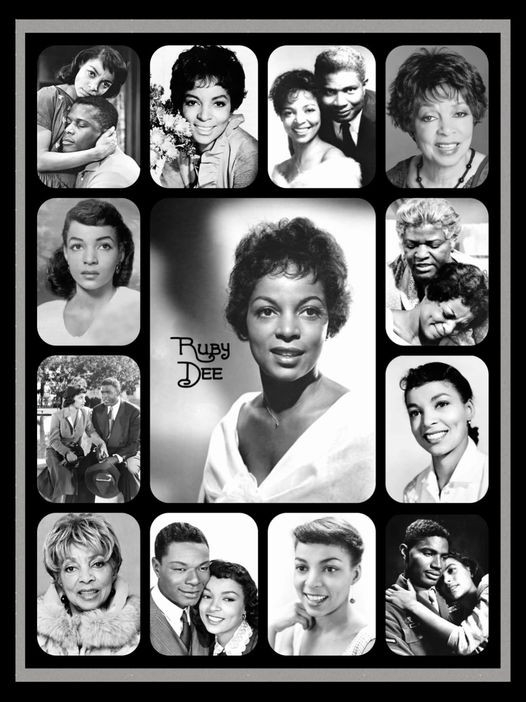
 Amanda S. Stevenson
Amanda S. Stevenson 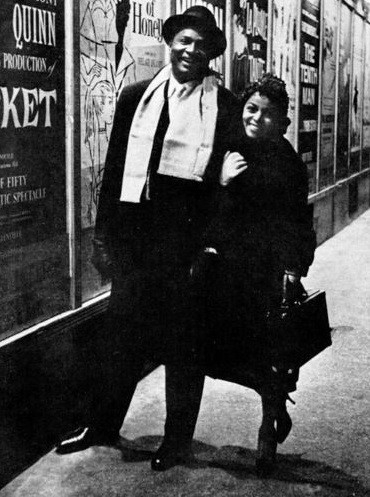
 Amanda S. Stevenson
Amanda S. Stevenson 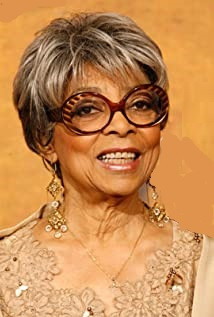
 Amanda S. Stevenson
Amanda S. Stevenson 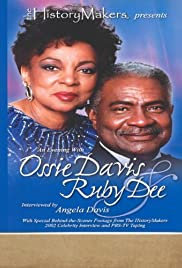
 Amanda S. Stevenson
Amanda S. Stevenson 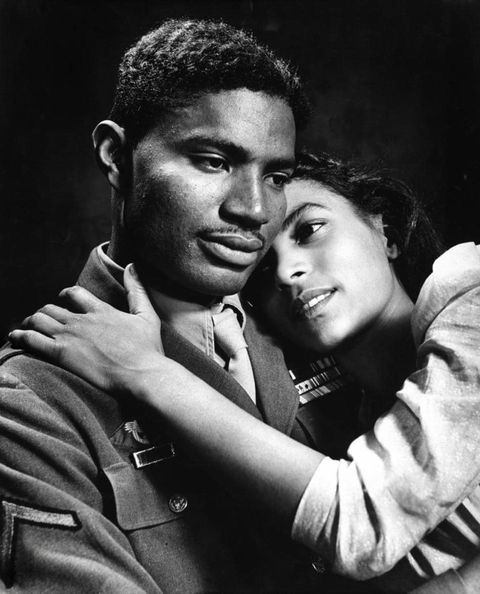
 Amanda S. Stevenson
Amanda S. Stevenson 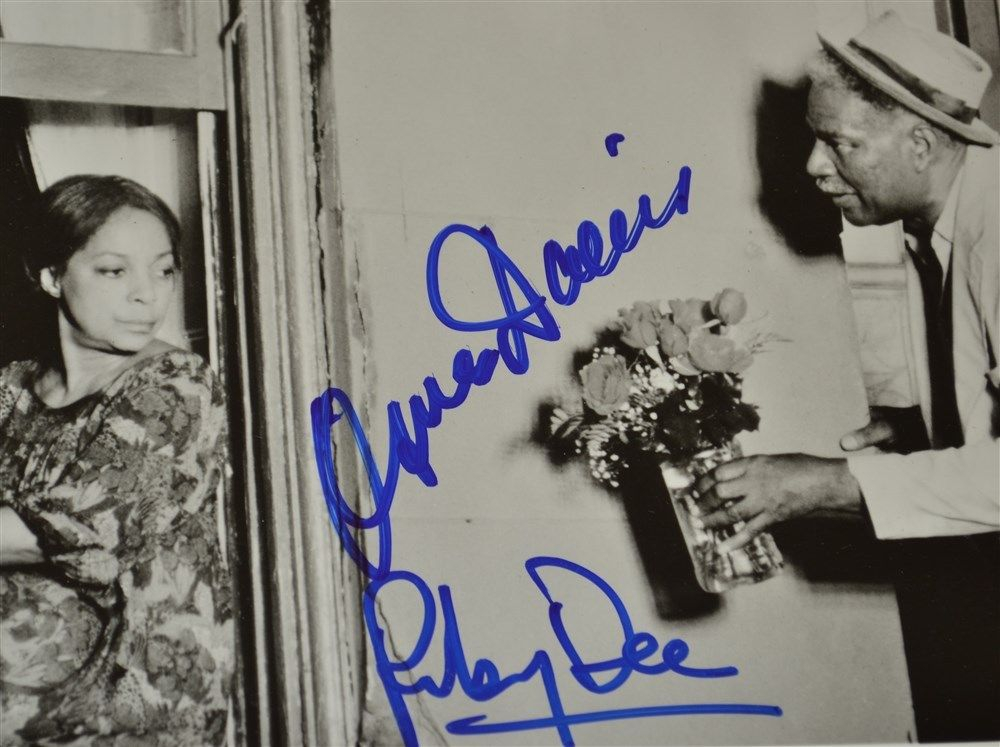
 Amanda S. Stevenson
Amanda S. Stevenson 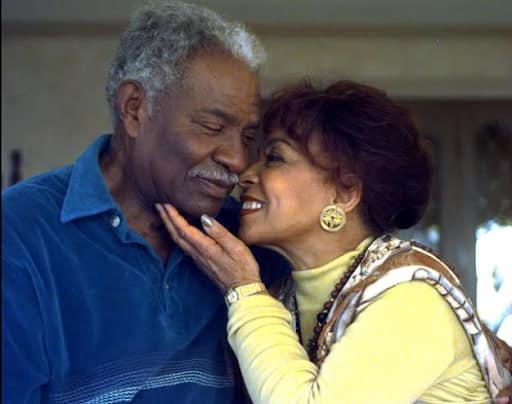
 Amanda S. Stevenson
Amanda S. Stevenson 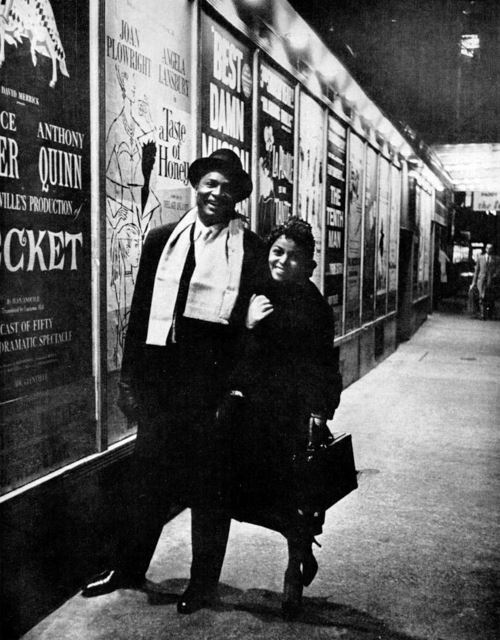
 Amanda S. Stevenson
Amanda S. Stevenson 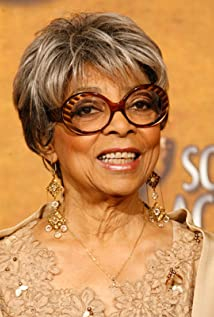
 Amanda S. Stevenson
Amanda S. Stevenson 